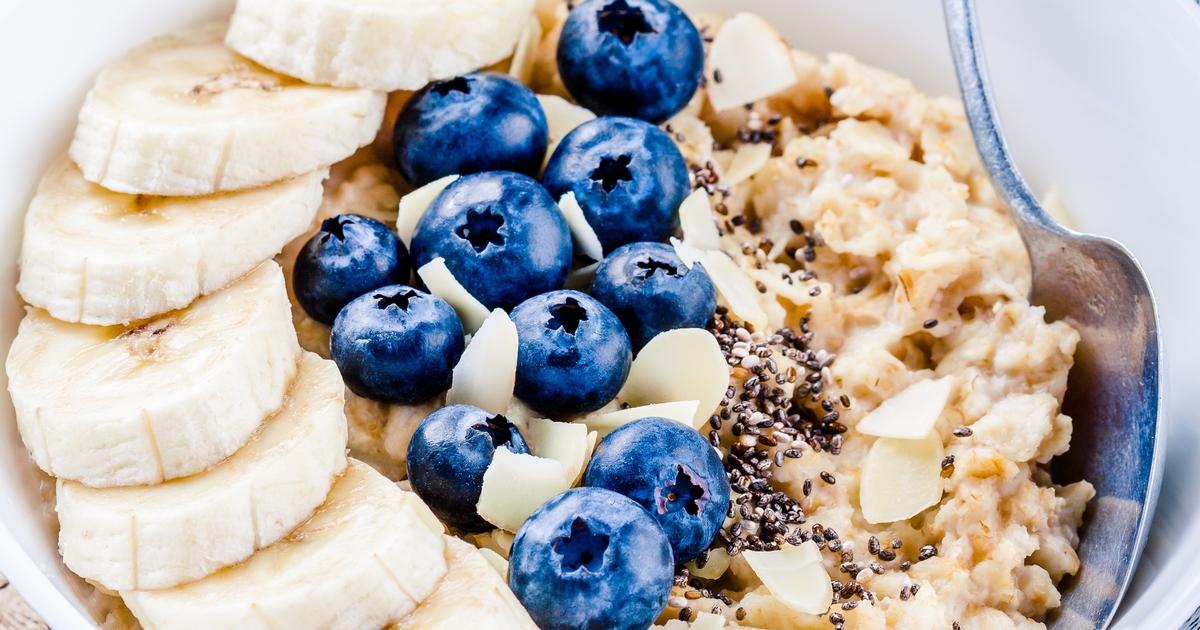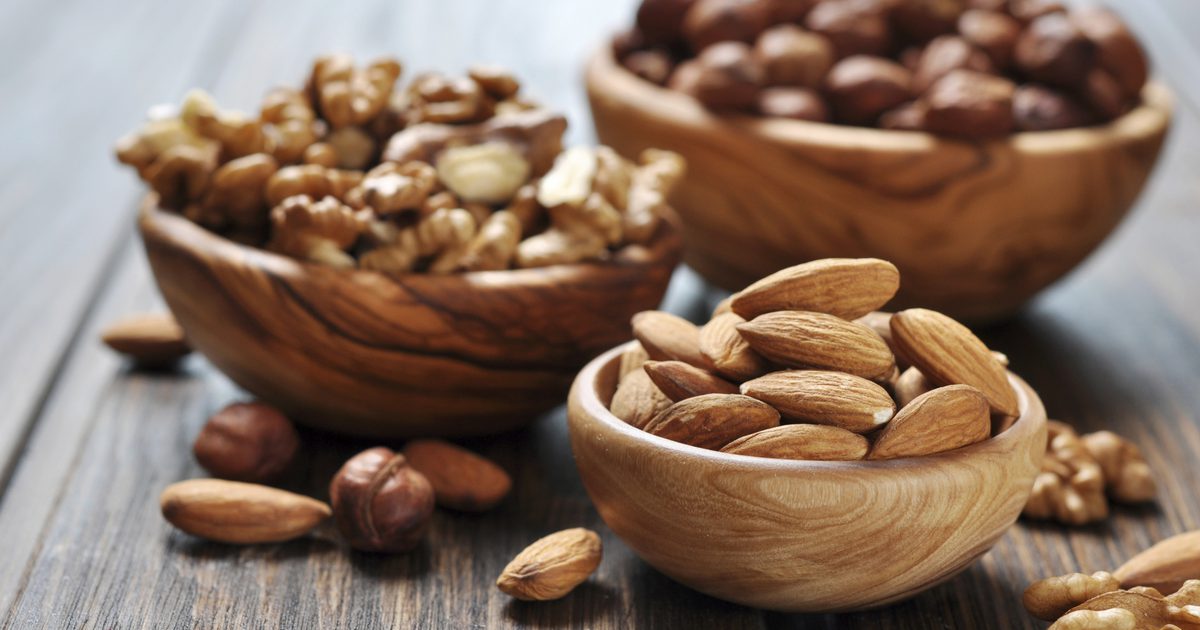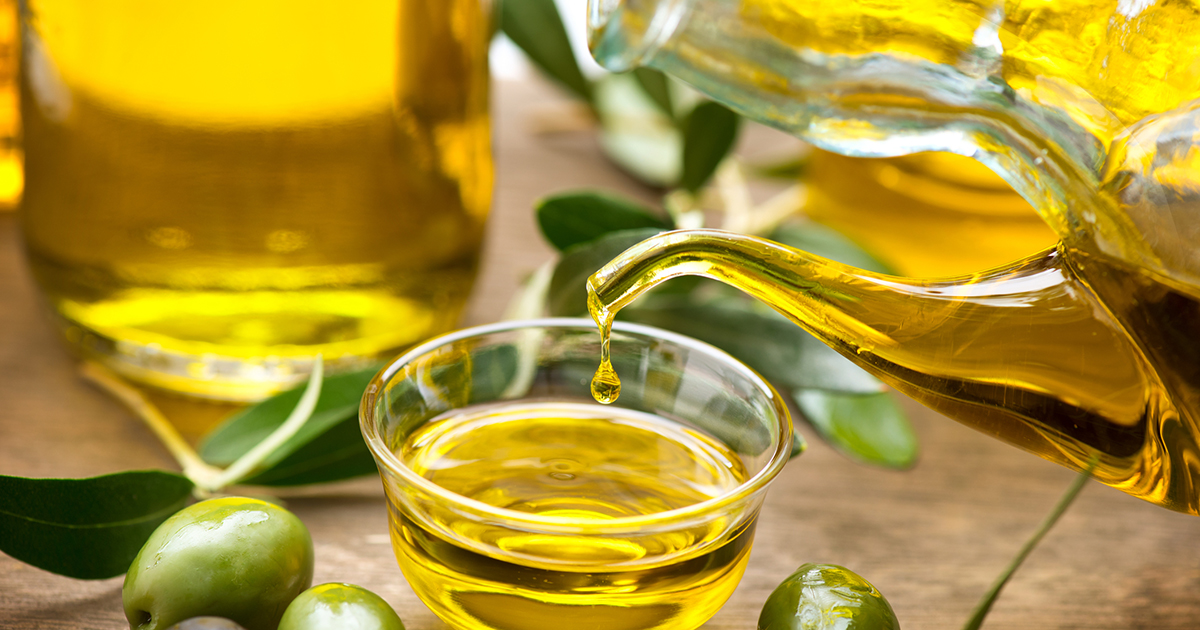Creating A Diet To Lower Cholesterol
Cholesterol is a fatty substance found throughout the body. While some cholesterol is necessary to digest foods and manufacture vitamin D and certain hormones, individuals who have high cholesterol are at an increased risk of cardiovascular disease and stroke. Doctors can monitor a patient's cholesterol levels with simple blood tests, and most recommend healthy adults over twenty years old to have a cholesterol test at least once every five years. Individuals with high cholesterol need more frequent testing. If cholesterol is elevated, dietary changes are typically advised, and some patients may need to use cholesterol-lowering medications such as statins or newer injectable drugs too.
To reduce cholesterol levels with a dietary approach, current guidelines suggest making the changes described below.
Look For High-Fiber Foods

Individuals who have elevated cholesterol may wish to look out for high-fiber foods as they begin to adopt a healthier lifestyle. A type of fiber known as soluble fiber is especially beneficial in the reduction of cholesterol. This form of fiber binds to cholesterol while it is in the small intestine, preventing the cholesterol from being absorbed by the body. Current guidelines recommend female patients should consume twenty-five grams of fiber each day, and male patients should aim to consume thirty-eight grams. Nationally, most individuals only consume fifteen grams of fiber per day. Research indicates increasing soluble fiber intake by just five to ten grams each day can reduce low-density lipoprotein (LDL) cholesterol by five percent. Oats, green peas, apples, and several types of beans and citrus fruits are all high in fiber; each contains roughly one to three grams of fiber per serving. In particular, oats are especially helpful in lowering cholesterol since they contain beta-glucan, a type of soluble fiber that may reduce total cholesterol and LDL cholesterol by up to 14.5 percent (based on the consumption of eleven grams of beta-glucan each day). Patients who adopt a high-fiber diet should typically see changes in their cholesterol after four weeks.
Uncover more information on creating a diet to lower cholesterol now.
Don't Forget About Nuts

Individuals must not forget about nuts when modifying their diet to reduce cholesterol. Although nuts can be high in saturated fats, numerous studies have suggested certain nuts may be especially beneficial in managing high cholesterol. Like oats and beans, nuts contain soluble fiber that removes cholesterol from the bloodstream before it is absorbed. For example, both almonds and walnuts contain antioxidants that stop cholesterol from reaching the arteries, and they also have plant sterols that reduce the amount of cholesterol that enters the bloodstream. Monounsaturated fats account for roughly seventy percent of the total fat content in a serving of almonds. These fats have been shown to clear cholesterol from the arteries. Similarly, a 2004 study found consuming walnuts as part of a Mediterranean diet was associated with a reduction in LDL cholesterol and total cholesterol, and the nuts increased the elasticity of the arteries by sixty-four percent. Research indicates pecans and macadamia nuts also contribute to a reduction in LDL cholesterol. Since nuts are such a concentrated source of nutrients and fats, patients should carefully measure out an appropriate portion before they eat.
Read more about reducing cholesterol through diet now.
Use Olive Oil In Place Of Other Fats

Individuals who use olive oil in place of other fats might find they have an easier time reducing their cholesterol. Olive oil is a dietary staple throughout the Mediterranean, and this region of the world has a lower incidence of cardiovascular disease than the United States. Many doctors recommend the use of olive oil since it is a good source of the monounsaturated fats shown to reduce cholesterol. The oil also contains antioxidants that reduce low-density lipoprotein cholesterol while maintaining the patient's levels of high-density lipoprotein (HDL) cholesterol ('good' cholesterol). When choosing olive oil, experts suggest patients purchase extra-virgin olive oil, which is of a higher quality than other types and may contain more antioxidants. Some individuals might wish to purchase an organic or cold-pressed olive oil too. Since olive oil has about 120 calories per tablespoon, doctors believe two tablespoons per day is sufficient to obtain the benefits of this oil while keeping total calorie intake in check. Olive oil comes in many varieties, some of which are infused with herbs, and it is ideal when drizzled over a salad. The oil can also be used in baked goods such as cakes and brownies. Since olive oil has a low smoke point, it should not be used for frying.
Continue reading to learn more about creating a diet to lower cholesterol now.
Looks For Foods With Added Plant Sterols

If a patient looks for foods with added plant sterols when adopting a cholesterol-lowering diet, they will discover plenty of nutritious options. Studies have shown plant sterols are one of the most effective natural remedies for cholesterol reduction, and they work by blocking the body's absorption of cholesterol. Currently, research suggests plant sterols are beneficial for reducing LDL cholesterol, but they have not yet been shown to reduce triglycerides. Major health organizations recommend patients consume one to two grams of plant sterols per day. Fruits, vegetables, legumes, and nuts all contain small amounts of plant sterols. Additionally, many foods and drinks such as orange juice, margarine, and yogurt are now fortified with plant sterols. These fortified sources make it easier to consume the recommended amount of plant sterols each day. A twelve-month study of patients with high cholesterol found simply swapping regular margarine for margarine fortified with plant sterols was enough to reduce LDL cholesterol by fourteen percent. Individuals interested in adding more plant sterols to their diets might wish to consult their doctor or a nutritionist about the best sources of plant sterols for their needs.
Learn more about adhering to a diet to lower cholesterol now.
Avoid Added Sugars

To lower cholesterol, it is important to avoid added sugars. A recent study conducted in Atlanta followed more than six thousand adults over seven years. The study concluded the consumption of added sugars increases levels of low-density lipoprotein cholesterol and triglycerides while lowering high-density lipoprotein cholesterol. Added sugars are any sugars not found naturally in fruit or milk. Candy, soda, and baked goods are primary sources of added sugars, and they are also hidden in foods such as ketchup, crackers, yogurt, and granola bars. Current guidelines suggest patients should limit their daily intake of added sugar to no more than six teaspoons (one hundred calories) for women and nine teaspoons (150 calories) for men. Keeping a food journal can help with tracking sugar intake, and many apps will now calculate this automatically.
